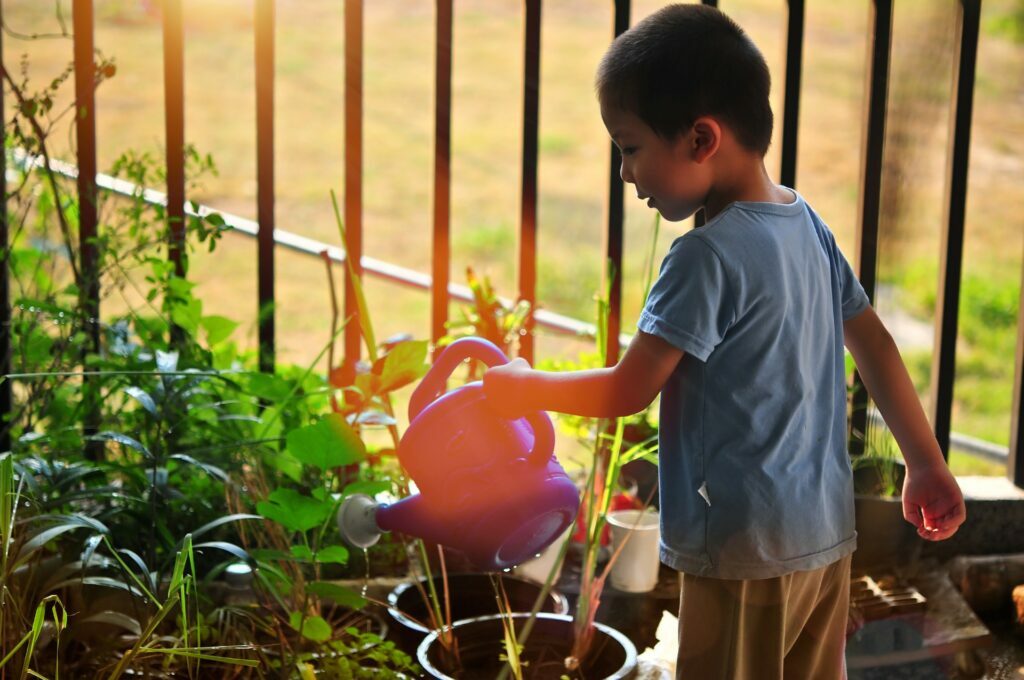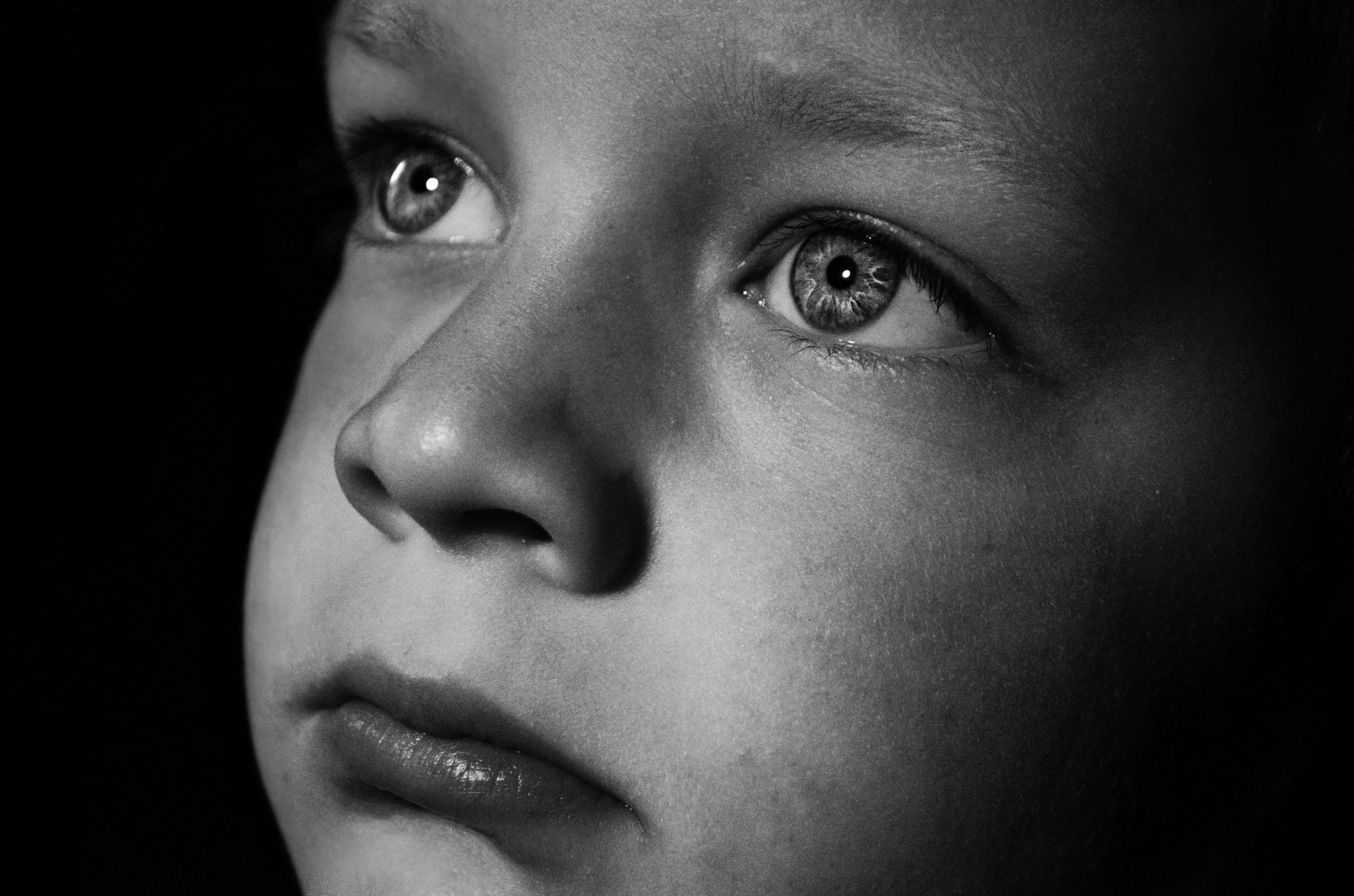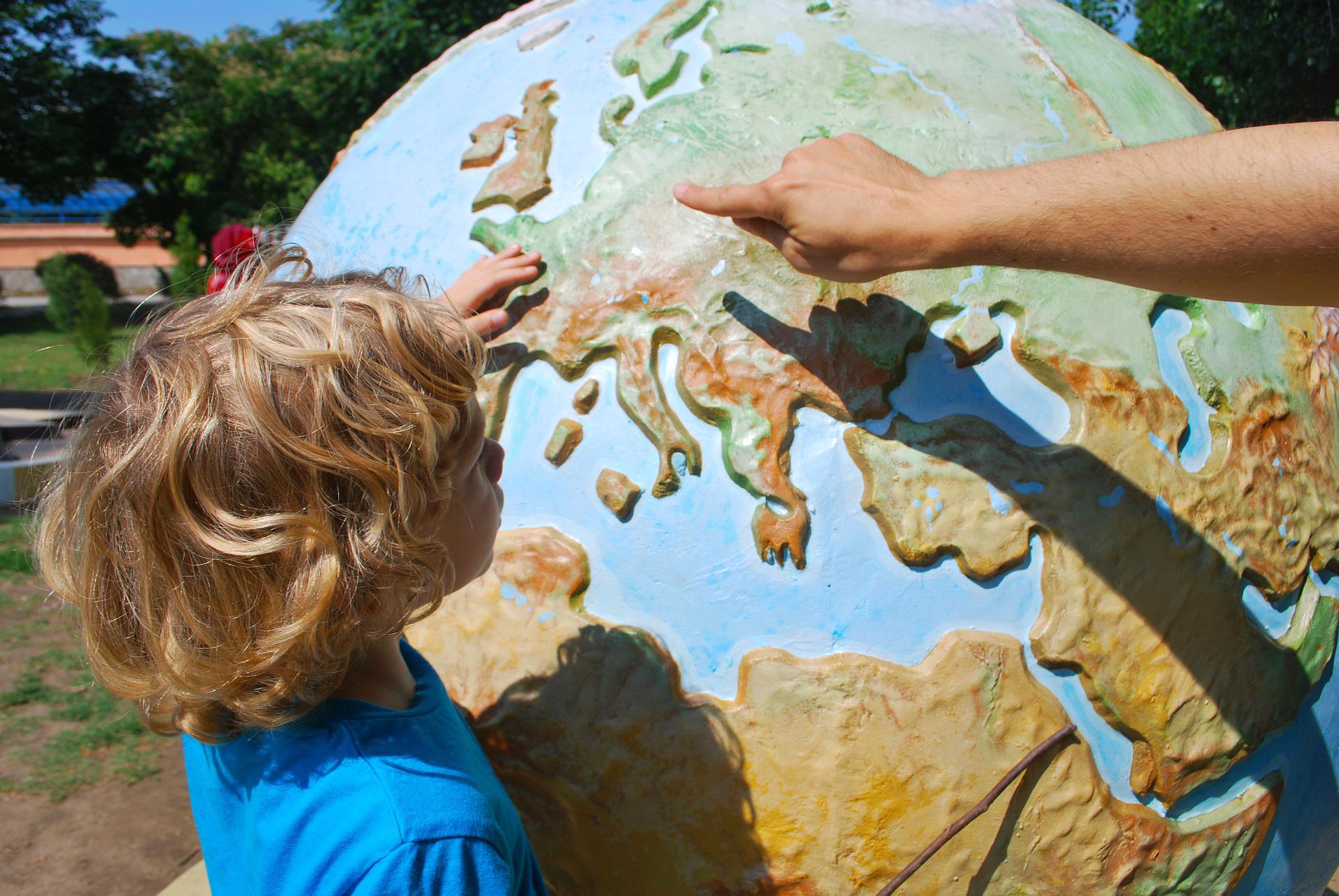They Need a Shot at Emancipation From Capitalist Production and Consumption

School gardens are not a new concept. When I was a kid in primary school about 30 years ago, we had a school garden in my public school. We were offered voluntary classes where we could learn to grow food.
I didn’t sign up back then, because there was also a computer room, which I found more exciting.
Since then, my perspective has shifted. As a teacher, I now emphasize the importance that children learn to grow their own food. In my previous school, it was a compulsory part of my class curriculum.
It enabled me to teach principles about ecology. I could teach my students how ecosystems function. And I could let them experience it first-hand.
It was a classic theme-based learning approach for my natural science classes. Plus there are many interesting science experiments to do in a vegetable garden.
But I also see it as a revolutionary act. If my students can learn to grow their own food, they have a real shot at self-sufficiency. Outside of the capitalist framework.
You don’t have to take my word for it. look at Cuba’s example. You may think of Cuban politics whatever you want. The fact is, the country still has not collapsed. Despite decades of harsh economic sanctions. Those sanctions crippled Cubas farming industry. Cuba’s solution was collective small-scale farms and urban gardens.
To Grow Food On Our Own Will Become a Necessity in The West As Well
Food shortages will become common in the west, also. We get hit by climate change and rising food prices as well.
Few people agree with me, including many of my colleagues. That is not surprising.
We have become used to going to supermarkets and buying whatever food we want. From whatever corner of the globe. At a fraction of our income.
In Germany, we spend on average 15,5 percent of our income on food. A lot less than developing countries. For Kenya, the figure is actually close to 34%.*
This Privileged Situation Will Not Last
We are nearing the endgame of capitalism. The pandemic and the resulting supply-chain disruptions are not going away soon. We have overexploited our natural resources. It is too late to reverse climate change. We are starting to feel the consequences.
It is only going to get worse. It will start with luxury food items, like coffee.
But it will not stop there. Our agriculture industry relies on the same supply chains. You know, the ones that are starting to break down.
Don’t believe me? Go, investigate how much food in your supermarket gets produced locally. Do it with your students, if you are a teacher. You are in for a surprise.
And how do the markets react, when supply is short? Prices go up.
As always, it is the poorest people that bear the brunt. In every country.
Many of my students came from socioeconomic troubled backgrounds. Their families already struggled to make ends meet.
Their circumstances will get even more uncertain. If they learn to grow their own food, they at least have a shot at getting by.
To grow food is thus an essential skill.
I acknowledge, that there is an issue of access to land. Therefore we also need to teach our students to collaborate. To build resilient local communities. Even in urban areas.
We have some models for this already. Detroit’s urban farms are one example of many.
To Grow Food Should be Compulsory
Given our global situation and the mess we are in, there is no way around it. I always believed that education is an essential precondition for social change.
It is time to teach our students more essential skills. Growing food is at the top of that list.
I know, that there will be those that disagree with me. There will be those that will think we can “go back to normal”. Or that some technological wizardry will save us. That we can have “green growth”. It is unrealistic. And it is not a gamble I want to make on behalf of our children.
- A little disclaimer on the food expenditure figures. The German figure includes tobacco products. For Kenya, tobacco products are listed separately (3,33 %). To make a direct comparison, Kenya’s figure is actually 36,24 %.





I couldn’t agree with you more. It’s high time we good back to agriculture. After all gardening is a good hobby.
Plus, It has proven benefits for mental health. So do self-sufficiency and strong communities. Thank you.